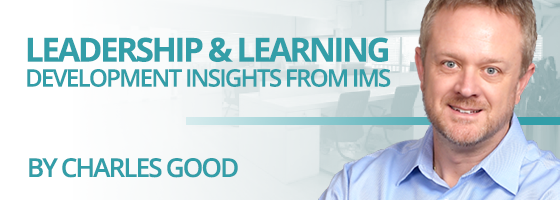In today’s fast-paced world, feeling overwhelmed and overworked is easy. With email notifications constantly pinging, meetings taking up all hours of the day, and a never-ending to-do list, it can seem like there’s never enough time to get everything done. But what if I told you that breaking free from the busyness trap is possible? That solution involves prioritizing more periods of unscheduled time in your day – white space to break free of busyness.
So, what exactly is white space? We all need to think, reflect, and recharge during those short periods of open, unscheduled time. Without white space, we can quickly become burnt out and less productive. We don’t have time to plan or strategize when constantly rushing from one task to another. We’re too busy putting out fires. But when we have white space, we can breathe. We can step back and see the bigger picture. We can work smarter, not harder.
The following are some tools that will help in overcoming the busyness trap and creating white space in your life.
EISENHOWER MATRIX
How do we decide which task to focus on at any given moment? Not very well, it turns out.
One tool that can be used to categorize the different levels of busyness is the Eisenhower Matrix which is frequently used to assign activities into one of four categories, which are the following:
- Important and urgent
- Important but not urgent
- Not important but urgent
- Not important and not urgent
TIME AUDIT
Have you ever conducted a time audit to see where your time is going and what it is being spent on? For the next week, note the amount of time you spend in each of the four categories of the Eisenhower matrix. Make sure to record activities in real-time throughout each day as much as possible. After the week, review and adjust based on what you find. You will likely be surprised at how much time you spend on things that are not important and not urgent.
THIEVES OF TIME
IMS educator, Juliet Funt, author of A Minute to Think, identifies four drivers of success at work, which are drive, excellence, information, and activity, which when unchecked, represent the biggest reasons why we are overwhelmed and too busy. Which ones do you suffer from?
- Drive – When it comes to productivity, we often think we can do it all.
- Question to ask yourself – Do you routinely take on too much?
- Too much focus on this thief results in burnout.
- Excellence – we need to optimize everything since it all needs to be perfect.
- Question to ask yourself – Can you usually too focused on the details?
- Too much focus on this thief results in perfectionism.
- Information- more knowledge is always better so you find yourself constantly consuming more.
- Question to ask yourself: Do you love informing others and sharing information?
- Too much focus on this thief results in overload.
- Activity – being busy is the same as being productive.
- Question to ask yourself: Do you often multi-task and rush through your work?
- Too much focus on this thief results in frenzy.
As Juliet mentions, we need to pause and reflect when we feel them calling. By doing this we are better positioned to disarm each thief and choose the right response.
Breaking free from the busyness trap is possible, and it begins by carving out ample room for rest and rejuvenation in our schedules. The Eisenhower Matrix is a great way to quickly determine your list of priorities while carrying out a time audit and eliminating common time thieves will further help focus your attention on important tasks. When these tools are applied regularly, we become masters of our time and truly reclaim control of all areas of our lives.
To learn more tools and techniques that will help you overcome the busyness trap listen to the interview with Juliet Funt. Other great tips can be found in previous articles like; The Habits Holding you Back, Becoming 2.5X More Productive, and 4 Productivity Traps That May Be Holding You Back.
ABOUT CHARLES GOOD
Charles Good is the president of The Institute for Management Studies, which provides transformational learning experiences that drive behavioral change and develop exceptional leaders. Charles is an innovative and resourceful leader who specializes in bringing people together to develop creative organizational and talent strategies that enable business results. His areas of expertise include assessing organizational skill gaps and leading the design, creation and delivery of high impact, innovative learning solutions that achieve business goals.
